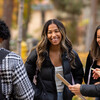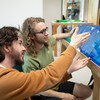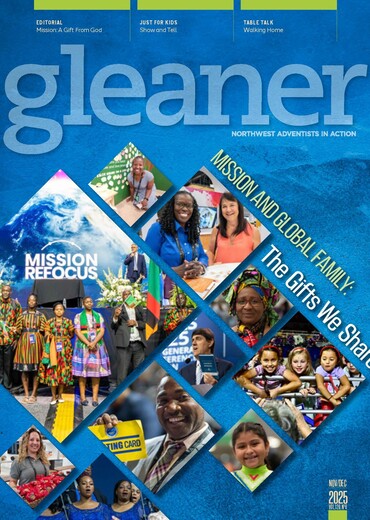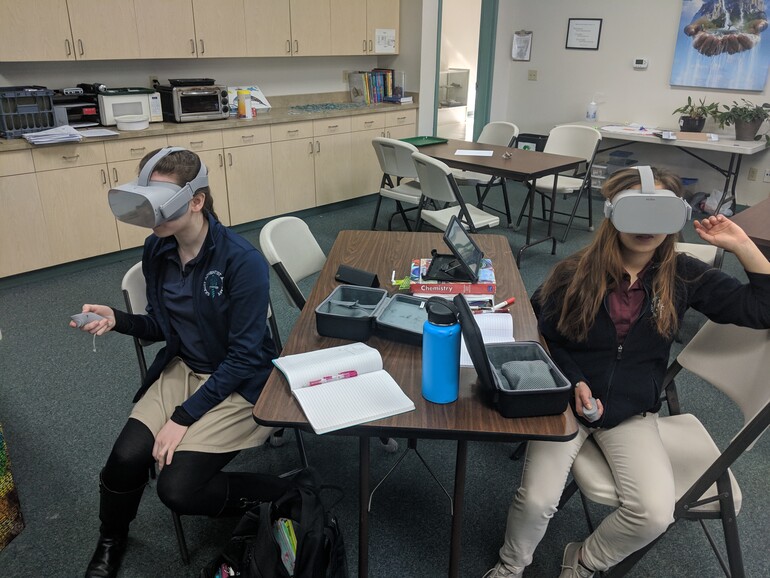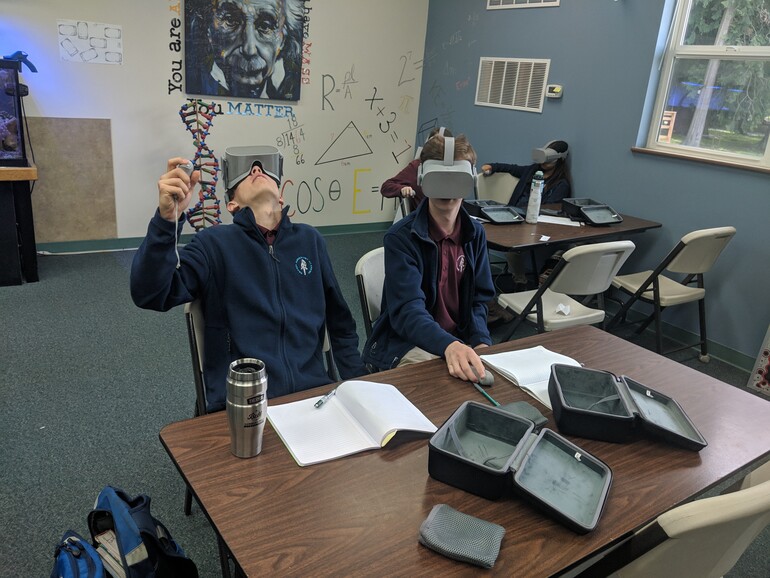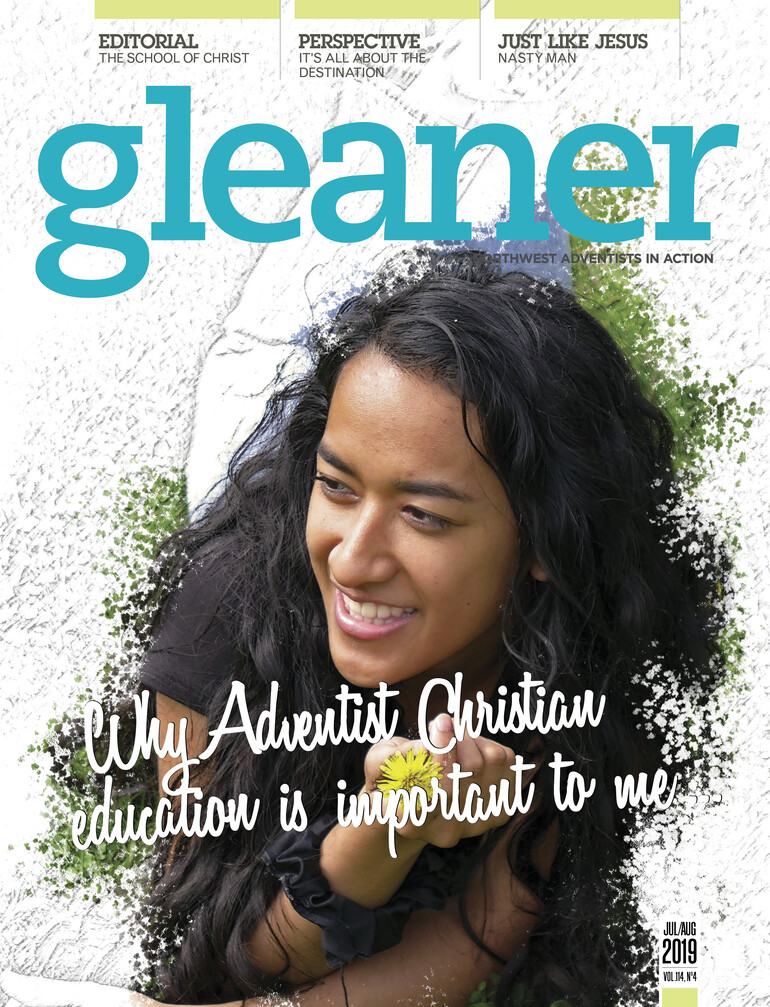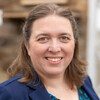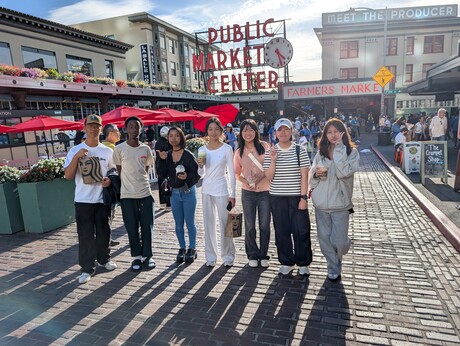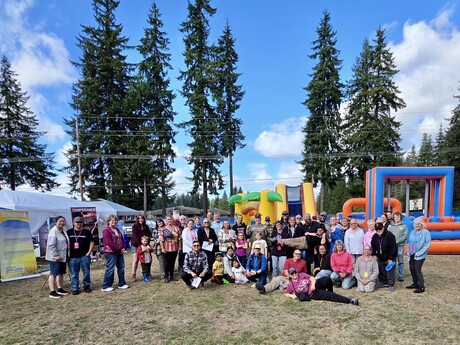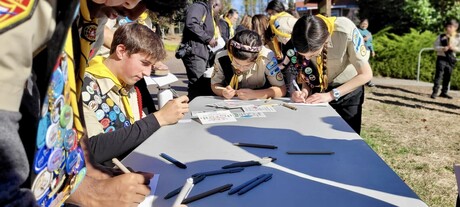Principal Karen Carlton asked her teaching staff, “What would you do with an extra $1,000 or $1,500 for your classroom?” It was a simple question that sparked imaginations at Lewis County Adventist School (LCAS) in Chehalis, Wash., and resulted in three of the eight Don Keele Awards given to Washington Conference teachers in the last two years.
Don Keele Awards, funded by seed money from memorial gifts for a respected Northwest education leader, recognize excellence in teaching, encourage professional growth, promote innovation and creativity, and demonstrate support for educators.
Donna Meador, LCAS kindergarten through second grade teacher, saw how traditional desks weren’t working for wiggly young scholars. With her new flexible seating, each day students choose from exercise balls, wiggle chairs, floor mats, standing desks and traditional desks — a surprising favorite for some students.
Lisa Davis, LCAS grades three to five teacher, saw learning potential in adding Lego Robotics kits to the school’s STEM program. Meanwhile, Doylene Cook, LCAS grades six through eight teacher, desired to integrate Sphero BOLT robots — each with an eye-catching, programmable eight-by-eight light matrix offering an endless array of coding and gaming capabilities — into her classroom. Both teachers' funding requests were granted.
At Forest Park Adventist Christian School (FPACS) in Everett, Linda Taber, grades three to five teacher, and her students learned about the dwindling butterfly population caused by loss of habitat and host plants. Their award funded a butterfly sanctuary and pollinator garden.
“Through this project, the students appreciated and valued the work of butterflies and bees,” Taber shares. “They also became conscious of the need for conservation among other species that are endangered.”
"This garden is important so that God's creatures have a place to live and grow," says Michael, FPACS student.
"It is important that we help the insects survive and help plants,” adds Dylan, another FPACS student.
Urban gardens and a hydroponic tower garden became a hot topic for fifth through eighth grade students at Buena Vista Seventh-day Adventist School in Auburn, Wash.
“The students were enthralled at how quickly the plants grew,” reports Connie Mitzelfelt, eighth grade teacher. “The students tried the lettuce they grew and liked it. The students learned you aren’t limited to a plot of ground to have a garden. You can have a garden in a small space.”
In a joint application, Ron Claus and Andy Rivera, high school teachers at Orcas Christian School, received funding to plan and produce TED-style interviews of inspirational Orcas Islanders for live online broadcasts and media posts.
In the final example of academic innovation in action, science teacher Zach Mason at Skagit Adventist Academy (SAA) in Burlington, Wash., received funding for Oculus Go virtual reality (VR) headsets for interactive learning in science class topics ranging from astronomy to oceanography.
“The use of VR does not replace real experiences, but it enhances and enriches what the students are already doing,” says Mason.
“We learn best visually,” says Leili, SAA student. “Vague information such as equations, anatomy and theories becomes easier to comprehend when one can see it and interact with it.”
